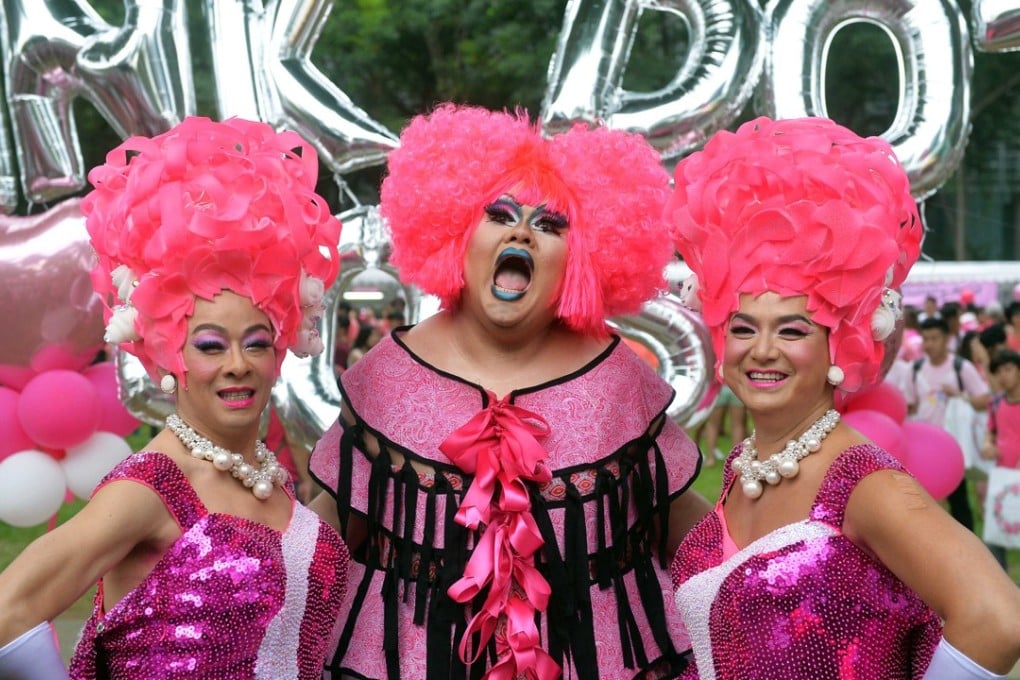Find Singapore boring? Dig a little deeper and you might be surprised
A global survey ranked the city state well behind Hong Kong and Tokyo on the scale of exciting places to live, but Singaporeans and foreign residents say it offers more than shopping and food, with a thriving cultural scene and growing tolerance of alternative lifestyles

In its 50-plus years as an independent nation, Singapore has earned a reputation for its free economy, efficient urban planning and diverse tourist attractions. Yet tight state control and a sanitised, highly engineered veneer leave some residents – indigenous and foreign alike – complaining that they are “bored” and find Singapore “unexciting”.
A recent Time Out City Life Index ranked Singapore second to last on a list of 32 of the “world’s most exciting cities”, ahead only of Istanbul (Chicago was top). Additionally, only 66 per cent of Singapore residents said they enjoyed living in the city, versus 89 per cent in Tokyo (19th most exciting city) and 78 per cent in Hong Kong (26th).
The changing nature of Singapore’s swingers scene
The survey polled 15,000 people worldwide on criteria including culture, food, nightlife, friendliness, liveability, affordability and happiness. Only 235 Singapore residents took part in the survey, however.
Sample size aside, why did Singapore rank so low, and what do residents consider as “exciting”?
“Contrary to what a lot of people say, I don’t think more crime or less stability makes for a more exciting place,” says Neal Moore, a film producer and long-term Singapore resident from Britain.
“I do, however, think Singapore needs to trust in its own unique creativity. We have world-class local theatre, music and films, and yet the live music scene is largely full of cover bands …
“Even the Singaporean bars are copies of London hipster cafes and American tap rooms. We need to trust our collective gut more and create a scene of our own.”